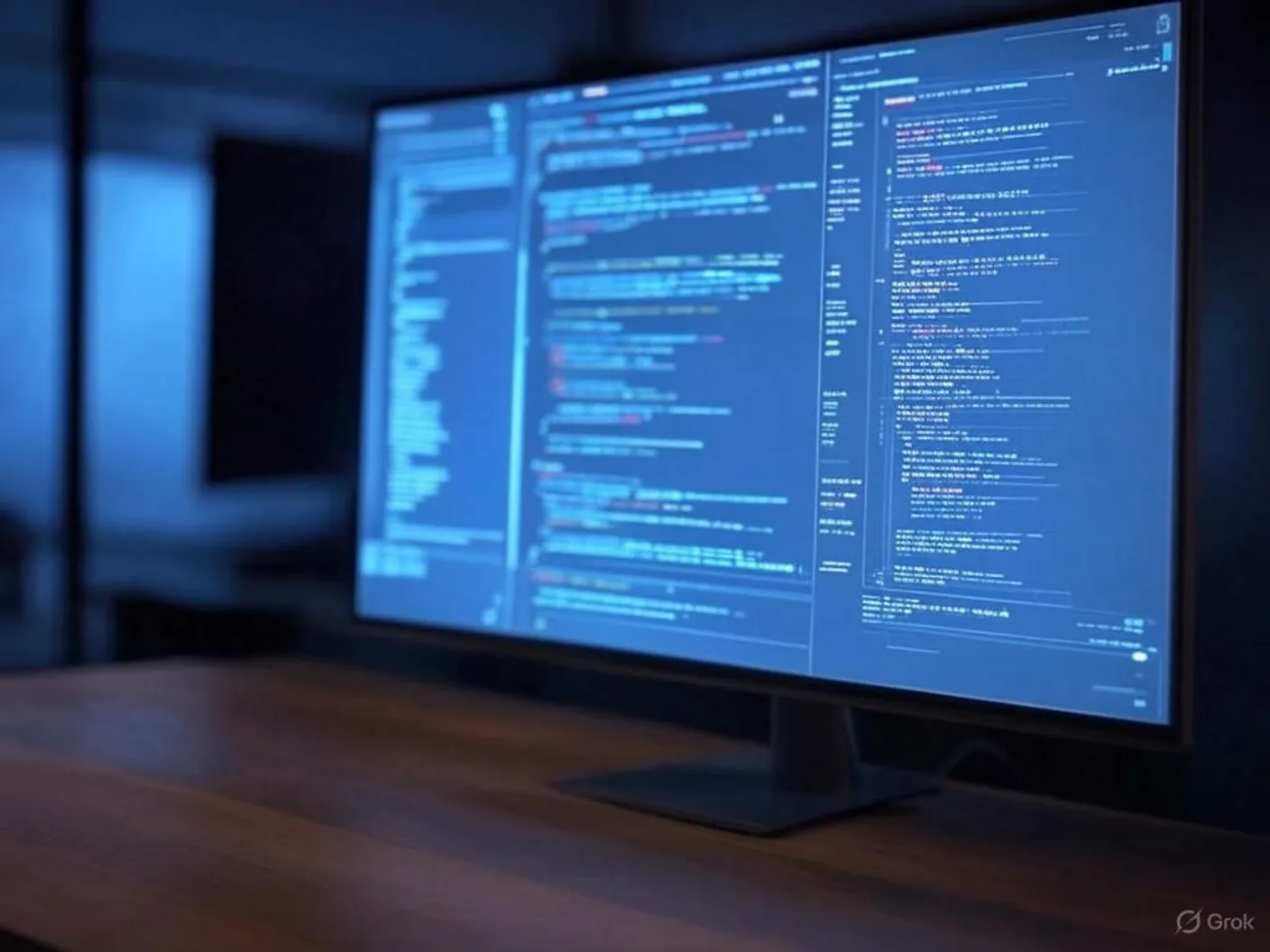The integration of Artificial Intelligence (AI) into blockchain technology is revolutionizing the functionality of smart contracts, transforming them from static, predefined agreements into dynamic, intelligent systems capable of adapting to new information and executing complex tasks autonomously. This evolution enhances automation within the blockchain ecosystem, offering unprecedented levels of efficiency, security, and versatility.
Understanding AI-Powered Smart Contracts
Traditional smart contracts are self-executing agreements with the terms directly written into code, operating on an “if-this-then-that” logic. While they automate processes and reduce the need for intermediaries, their rigidity limits adaptability to unforeseen circumstances or complex decision-making scenarios. By integrating AI, smart contracts gain the ability to analyze data, learn from outcomes, and make informed decisions, thereby enhancing their functionality and autonomy.
Enhancing Automation and Decision-Making
AI-powered smart contracts can process vast amounts of data in real-time, enabling them to:
• Predict Outcomes: Utilize predictive analytics to foresee potential scenarios and adjust contract terms accordingly.
• Adapt to New Information: Modify execution parameters based on real-time data inputs, ensuring relevance and accuracy.
• Perform Complex Tasks: Handle multifaceted agreements that require nuanced decision-making beyond simple conditional logic.
This advanced automation reduces manual intervention, minimizes errors, and accelerates transaction processes, leading to more efficient and reliable blockchain operations.
Real-World Applications
The fusion of AI with smart contracts is being explored across various sectors:
• Decentralized Finance (DeFi): AI algorithms enhance risk assessment and optimize trading strategies within DeFi platforms, leading to more secure and profitable financial services.
• Supply Chain Management: Intelligent contracts monitor and manage supply chain activities, predicting disruptions and autonomously adjusting orders or logistics to maintain efficiency.
• Insurance: AI-integrated contracts in parametric insurance automatically trigger payouts based on real-time data, such as weather conditions, streamlining claims processes and enhancing customer satisfaction.
Challenges and Considerations
While AI-powered smart contracts offer significant advantages, several challenges must be addressed:
• Data Quality: The accuracy of AI decisions depends on the quality of data inputs; poor data can lead to erroneous outcomes.
• Complexity: Integrating AI increases the complexity of smart contracts, potentially making them harder to audit and increasing the risk of vulnerabilities.
• Computational Resources: AI algorithms require substantial computational power, which can be a limiting factor in decentralized networks.
Future Outlook
The ongoing research and development in this field are promising. For instance, frameworks are being proposed to integrate Large Language Models (LLMs) with blockchain data, enhancing the intelligence of smart contracts. These advancements aim to overcome interoperability barriers and enable more sophisticated applications, paving the way for a new generation of intelligent decentralized systems.
In conclusion, AI-powered smart contracts represent a significant evolution in blockchain technology, enabling more adaptive, efficient, and autonomous operations. As these intelligent contracts become more prevalent, they hold the potential to transform various industries by automating complex agreements and enhancing the overall functionality of decentralized systems.

